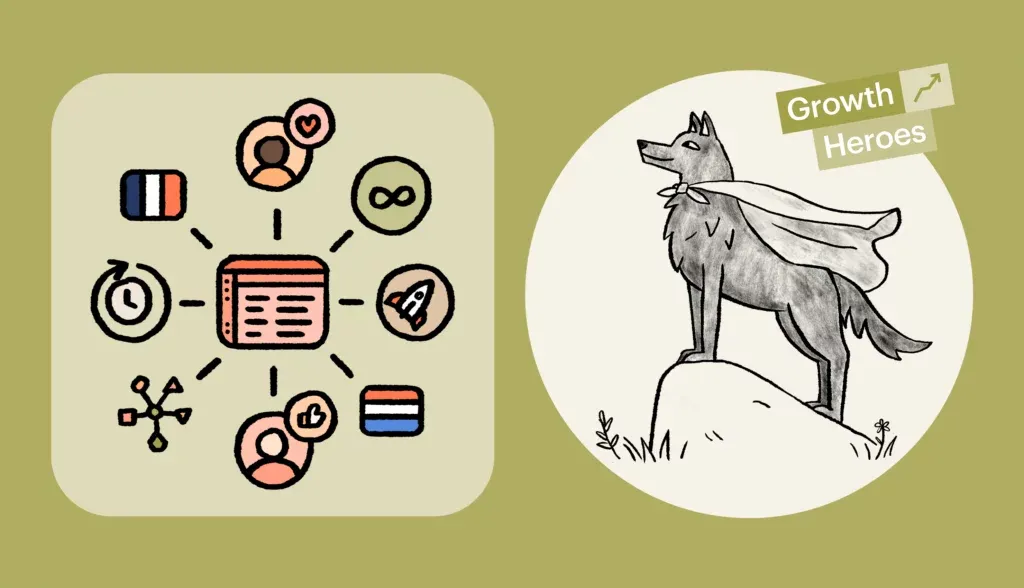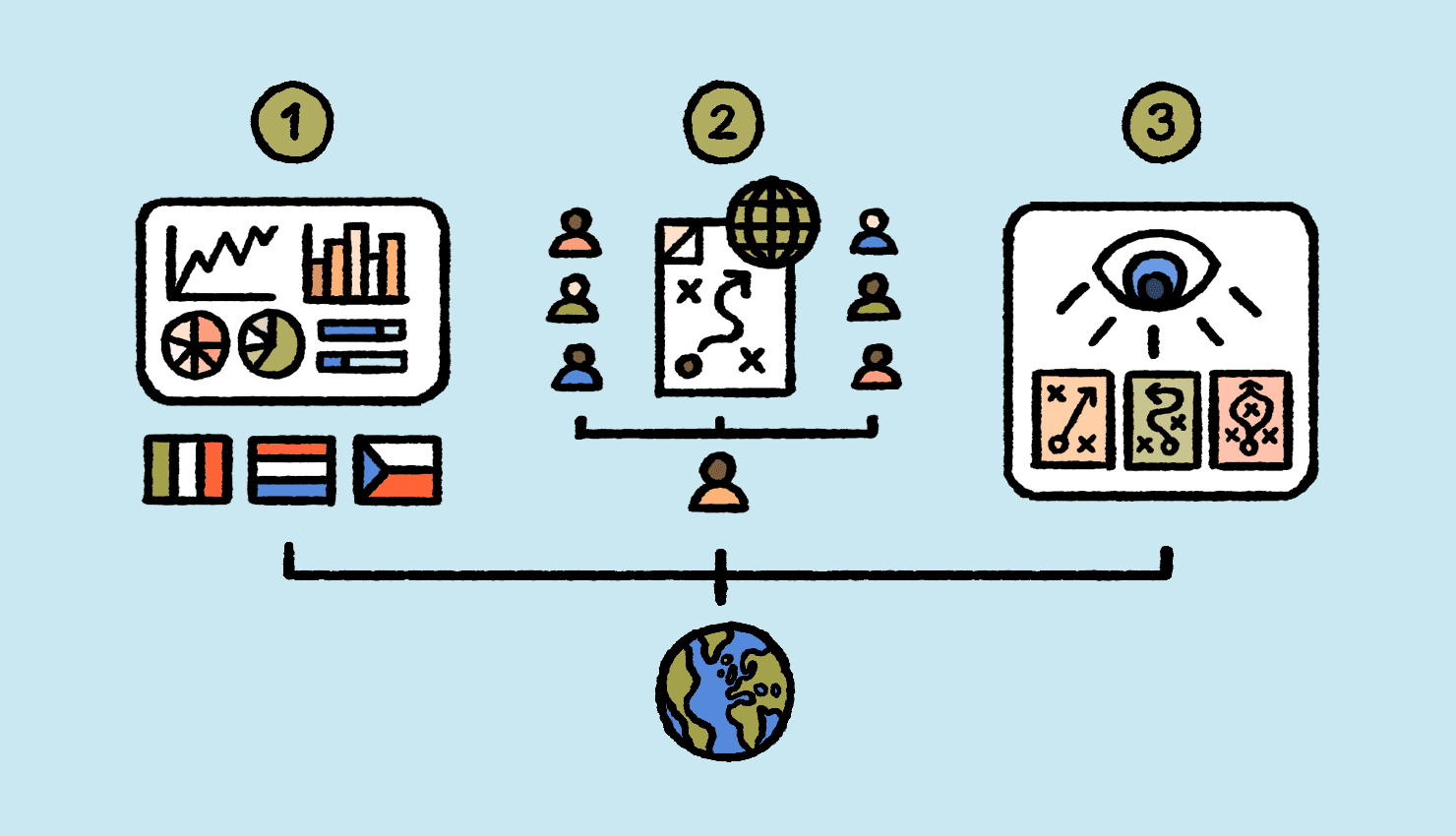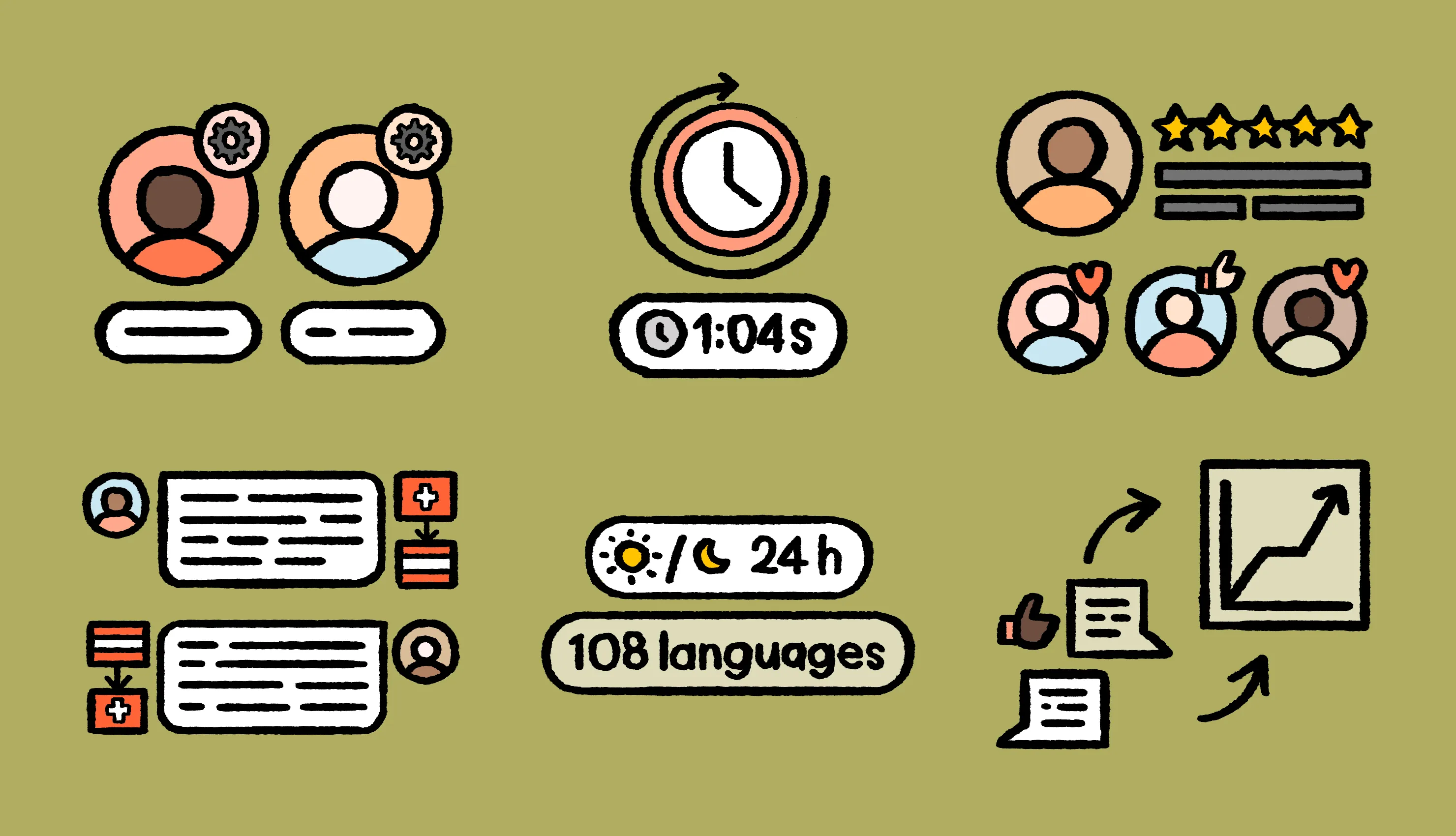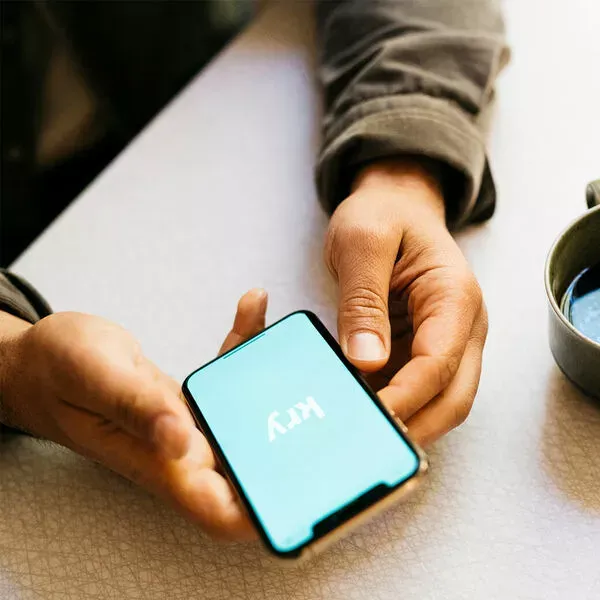How three ambitious companies are growing their business, while keeping their developers happy
Ask any product manager or CTO at a fast-growing tech company and they’ll tell you exactly how important their developers are to their company’s success. Yet in today’s ultra-competitive employer market, attracting the right DevOps talent is no easy task. And once you’ve got a gifted developer on board, you want to do everything you can to keep them happy, so they keep growing alongside your company and its products. That’s why some of the most ambitious scale-ups around are now selecti
Updated on September 29, 2023·Ross Weldon New in April: Custom placeholders, Contentstack integration, lexiQA Chrome extension & more
We’ve been busy in April! This month, we’ve introduced custom placeholders, launched the Lokalise + Contentstack integration, and enabled the lexiQA Chrome extension. Plus, don’t forget to sign up for GrowthPulse, our digital event focused on all things growth, taking place on June 1, 2022. Read on to get the updates in full 👉
Updated on September 16, 2022·Alexander Pereverzevs 3 steps to a bulletproof market expansion strategy
Market expansion opens up exciting opportunities, but it's also a challenge. Like with every transnational strategy, to succeed, you need a solid plan that cuts down on risks and drives business growth. A bulletproof strategy helps you enter new regions with confidence and efficiency. In the context of
Updated on October 16, 2024·Stefanos Bournias New in March: PPTX format support, simplified export page, adding multiple team members, automation webinar & more
This month, we’ve introduced support for PPTX format, launched a simplified export page, and made it possible to add multiple team members to your account at once. Plus, if you've wondered how the Lokalise support team delivers lightning-fast responses, there are some answers below. Finally, we are holding an in-depth webinar on automation in localization, make sure you sign up (and receive the recording if you
Updated on September 16, 2022·Alexander Pereverzevs React i18n: A step-by-step guide to React-intl
Internationalization (i18n) is all about making your app ready for the real world: a world where people don’t all use the same language, the same date formats, the same currency rules, or even the same reading direction. React i18n is simply the process of bringing that flexibility into a React application. Instead of hard-coding English strings everywhere and hoping for the best, a properly internationalized app separates content from code, handles plurals and formatting correctly, respects
Updated on October 3, 2024·Ilya Krukowski How our small support team answers every query in 1 minute, in 108 languages
‘Companies everywhere are realizing that their service is not measured against that of the local sausage factory but the best global brands in the world, which have now become part of daily life.’ -Martin Kõiva, CEO, Klaus Technology is making the experience of getting and giving assistance more efficient. It’s expected of any modern company nowadays, and we don’t need to sell you on the value of great customer experience. We want to talk about what world
Updated on July 8, 2024·Dmitry Olenov Ukraine (part 2): how we're helping Lokalisers
On the first day of the invasion of Ukraine by Russia, I and the whole Lokalise team watched via Slack as some of our team members in Ukraine posted updates of their experiences. At the same time, Lokalisers in neighboring countries scrambled to provide as much help and information as they could. It was as admirable as it was both harrowing and heart-breaking. Last week, our
Updated on September 16, 2022·Lara Silva Ukraine: a letter from our co-founders
Ukraine is a country close to both our hearts. We both lived and worked there in the past, forming some of our closest personal and professional relationships in that time. We also have friends in Russia, which is why the recent events have been so painful for us to watch. When we founded Lokalise, our goal was to bring people together, no matter what language they spoke. Invading a country and starting a war does the opposite, sowing division and creating hatred between closely r
Updated on September 16, 2022·Nick Ustinov 







